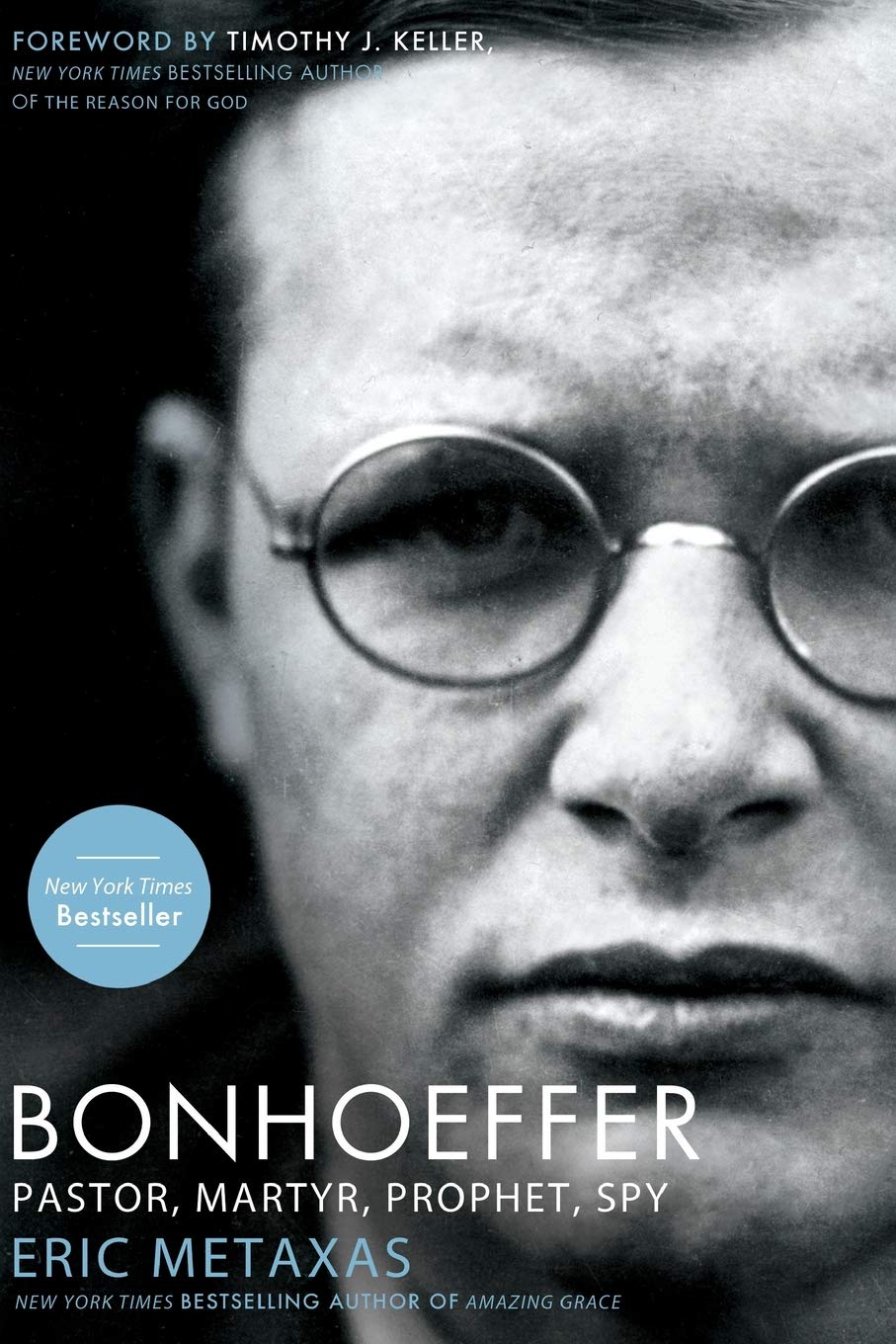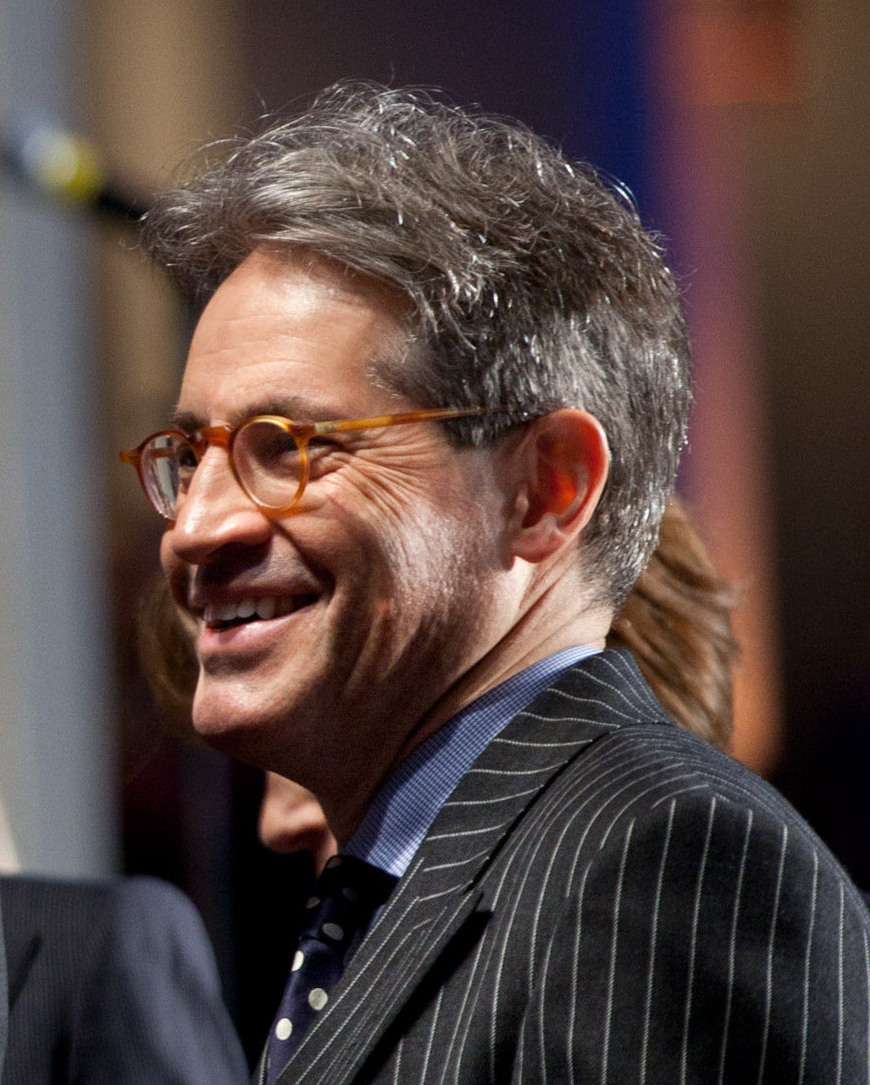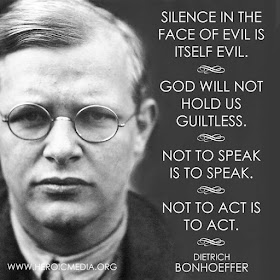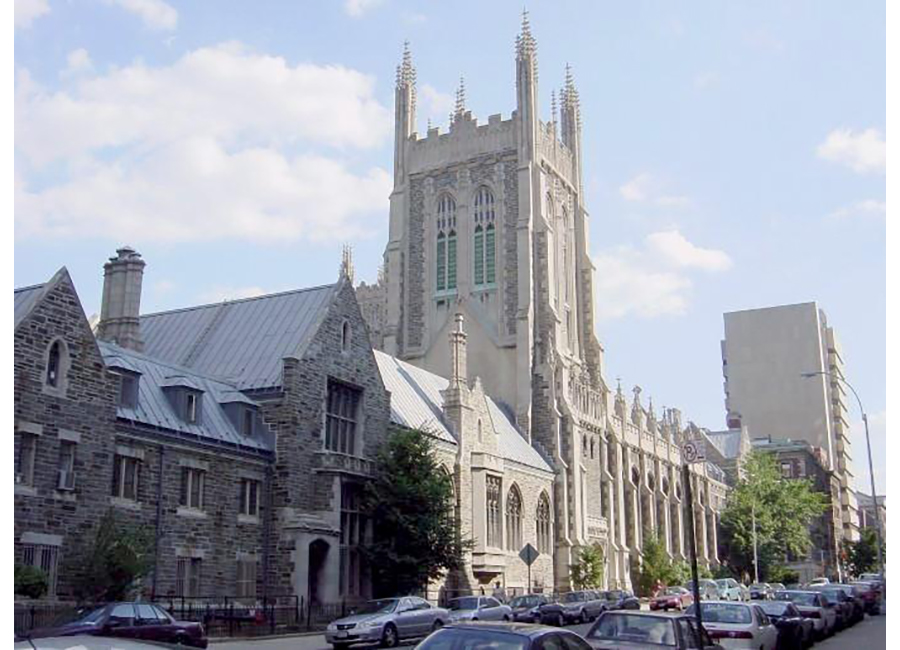
Dietrich Bonhoeffer as a
Conscripted Cultural Icon
by R.E. Slater
I started this morning praying about the conscription of words (noun, compulsory enlistment for state service, typically into the armed forces). Of the church placing ideas into the cauldron of public awareness which purport truth but in actuality lead away from it to some other land of apology (sic, "defensive ideation") meant to preserve and extend the church's unease with secularism.
But not the secularism it thinks it is preserving itself from, but a kind of secularism which it has chosen to bath in not thinking of the soaps and bath waters it is using as anything more than "biblical and God-honoring." Which in truth it is not. It is simply another form of secularism. How ironic.
Indeed the church has taken in the world exactly as it has preached against it for so many years by conscripting words and ideas that play into its form of biblicism and religiosity. As a result, the very kind of secularism that it has accused other Christians of living in has become its own adopted milieu as well.
In fact, it would be nearly impossible not to be culturalized into the society one lives in. All the more so for those claiming they are not when they are. In today's terms the church has bathed itself in the culturalization of "fear, uncertainty, and hate" which is now being played out in American democratic society under Trumpian Christianity as a form of heavy-handed politics against the very people who are Americans but not white Americans nor white Christian Americans.
Anti-thetic Americans (adjective; of the nature of, or involving, antithesis; directly opposed, contrasted, opposite) are of every color, race, culture, and religion except the white majority color, race, culture and religion. The deaths of Ahmed Aubrey and George Floyd have accentuated America's divide over its state of blendedness, acceptance, and embrace.
Anti-thetic Americans (adjective; of the nature of, or involving, antithesis; directly opposed, contrasted, opposite) are of every color, race, culture, and religion except the white majority color, race, culture and religion. The deaths of Ahmed Aubrey and George Floyd have accentuated America's divide over its state of blendedness, acceptance, and embrace.


Unfortuanately, the very church which should be standing in front of the societal lines of support and demonstration is off to the side saying nothing, doing nothing, and speaking against the wrongful deaths of black Americans espousing "law and order" over basic human and first amendment rights of speaking out against social injustice. The church's voice is silent. Gravely silent, bereft of support or involvement.
But not all the church. Church's declared liberal or progressive (more negative labels!) are on the front lives protesting, serving, aiding, and ministering to those hurting and demonstrating against the divide of fear, anarchy, and hatred espoused by the government-backing silent churches of America.
The problem with labels
The problem with labels
The problem with labels is that they do exactly what we wish them to do. They can defend (or, apologise, in Christian lingo) our position; serve as capstones which exclude others from conversation so they go unheard; and camp down in racist forms and expressions using conscripted, or unscrupulous, positions declaring "this thing is secular and this thing is not." Which, of course, only heightens the secularity of that position.
The church of the living Christ's only Christian "laws" are to love God and love one another. When this is not done then a nation, as well as its societies, come under the harsher laws of "what ye have sown ye shall also reap." If fear, anarchy, and hate are chosen as the paths to travel then it comes out in unusual but expected ways. Ways that are not socially just, that are publically oppressive, and which overtaxes its greater populations of difference in abusive political and social policies leaning towards white justification.
As such, secularization has occurred within the church by its unwary approval and silent testimony of vouchsafing white nationalism or Christian nationalism (you choose the expression) over the testimony of the Lord's directive to love one another.
 |
| Eric Metaxas |
Dietrich Bonhoeffer and Eric Metaxas
In this regard, Christianity will chose its representatives it will listen to. Who it thinks best defends its faith and speak its words to the world around it. One such name is Eric Metaxas known for his conscription of Dietrich Bonhoeffer's testimony to love one's enemies while also resisting their evil. Having done that, Dietrich died an ugly death of torture and cruel hanging by piano wire for his testimony to share Christ's love for humanity by opposing Nazism in its many ugly forms of justified Christian secularity.
Metaxas took a stellar witness to the "costly discipleship of grace" exampled by Bonhoeffer by declaring Christian jihad on liberal and progressive Christians. He conscripted Bonhoeffer's education, training, testimony, ministries, and voice by chasting those Christians and churches he considered anathema to the Word of God. He rapidly became the conservative and right-wing church's hero.
He did this by portraying Bonhoeffer as the "traditionalized" Christian who opposed "liberalism" in religious affairs. Metaxas turned Bonhoeffer into a culture warrior for Christians determined to resist the encroachment of what he thought "secular liberalism" was according to popular church ideology.
The result? Black Lives didn't Matter; Trumpian churches integrated empire politics into its own sectarian, if not cultic, doctrines of Christian faith; it conscripted its ideas of the Kingdom of God into political policies; and allowed with blind eye and deaf ears racism and injustices to continue apace, if not enhanced, by approved government policies creating what amounted to modern day concentration camps for unwanted Hispanic border people separating children from their families and parents from their loved ones. All in the name of Christ.
A Tree and Its Fruit (Context Matthew 7)
15 “Beware of false prophets, who come to you in sheep's clothing but inwardly are ravenous wolves. 16 You will recognize them by their fruits. Are grapes gathered from thornbushes, or figs from thistles? 17 So, every healthy tree bears good fruit, but the diseased tree bears bad fruit. 18 A healthy tree cannot bear bad fruit, nor can a diseased tree bear good fruit. 19 Every tree that does not bear good fruit is cut down and thrown into the fire. 20 Thus you will recognize them by their fruits.
I Never Knew You
21 “Not everyone who says to me, ‘Lord, Lord,’ will enter the kingdom of heaven, but the one who does the will of my Father who is in heaven. 22 On that day many will say to me, ‘Lord, Lord, did we not prophesy in your name, and cast out demons in your name, and do many mighty works in your name?’ 23 And then will I declare to them, ‘I never knew you; depart from me, you workers of lawlessness.’

Eric Metaxas might be compared with DaVinci Code author Dan Brown; both are exciting writers to read, they tell a great story, and their books are hard to put down. But like Dan Brown, Eric Metaxas has taken history, twisted it into a new tale that isn't as true as the reader thinks, and when done, you've come away satisfied but further away from the truth then when you first began. - re slater
The Problem with Defending One's Faith
It was quickly seen by Bonhoeffer scholars that Eric Metaxas had made Dietrich's image into an image wholly unlike who he was and what he stood for. Claiming "the liberals" had misinterpreted Bonhoeffer, Metaxas had made Bonhoeffer into his own image. Metaxas was the very one who had misinterpreted Bonhoeffer forcing his German Lutheran legacy into the polarizing fictions of the American church's idea of itself and its gospel.
Claiming Bonhoeffer was not a Marxist, a pacifist, nor post-Christian humanist who was hijacked by the hard left, by agnostics and atheists, Metaxas encouraged conservative Christians to consider Bonhoeffer in the recreation of their own image. He incorrectly identified the "death of God" theologians to the secular left and conflated mainstream Bonhoeffer scholars as liberal and atheistic. In essence, the dominant form of conservative Christianity's cultural ethos forced his interpretation of Bonhoeffer's legacy into its own conscripted uses of that legacy.
By exaggeration and distortion, Metaxas had created an identity of Bonhoeffer that the American conservative church approved off; which best correlated with how it saw itself both in mission and resolution. It was simplistic, misinformed and polarizing but it was the kind of formulation which the conservative church could adopt and roll with. In essence, not only Metaxas, but the church itself, was driven both by theological and political agenda. With the help of other dissident voices, Metaxas in 2010 unwittingly had laid the foundations for a cultural Christian Civil War with contemporary democratic American society. In determined idealistic reforms it sought to secede (verb, withdraw formally from membership of a federal union, an alliance, or a political or religious organization) from its inherited American cultural identity which ironically it had but only appropriated upon itself without realising it in select, chosen forms.
By exaggeration and distortion, Metaxas had created an identity of Bonhoeffer that the American conservative church approved off; which best correlated with how it saw itself both in mission and resolution. It was simplistic, misinformed and polarizing but it was the kind of formulation which the conservative church could adopt and roll with. In essence, not only Metaxas, but the church itself, was driven both by theological and political agenda. With the help of other dissident voices, Metaxas in 2010 unwittingly had laid the foundations for a cultural Christian Civil War with contemporary democratic American society. In determined idealistic reforms it sought to secede (verb, withdraw formally from membership of a federal union, an alliance, or a political or religious organization) from its inherited American cultural identity which ironically it had but only appropriated upon itself without realising it in select, chosen forms.
When done, the church could now justify its position as excluding American culture and any duty it might have to the society it lives within. More aggressively, it could now begin implementing its own cultural ethos of Kingdom Ethics and Culture - more commonly known as Christian Dominionism or Christian Reconstruction:
"Dominion theology (also known as dominionism) is a group of Christian political ideologies that seek to institute a nation governed by Christians based on their understandings of biblical law. Extents of rule and ways of achieving governing authority are varied. For example, dominion theology can include theonomy, but does not necessarily involve advocating Mosaic law as the basis of government. The label is applied primarily toward groups of Christians in the United States.
"Prominent adherents of these ideologies are otherwise theologically diverse, including Calvinist Christian reconstructionism, Roman Catholic Integralism, Charismatic-Pentecostal Kingdom Now theology, New Apostolic Reformation, and others. Most of the contemporary movements labeled dominion theology arose in the 1970s from religious movements asserting aspects of Christian nationalism.
"Some have applied the term dominionist more broadly to the whole Christian right. This usage is controversial. There are concerns from members of these communities that this is a label being used to marginalize Christians from public discourse.
"An example of dominionism in reformed theology is Christian reconstructionism, which originated with the teachings of R. J. Rushdoony in the 1960s and 1970s. Rushdoony's theology focuses on theonomy (the rule of the Law of God), a belief that all of society should be ordered according to the laws that governed the Israelites in the Old Testament. His system is strongly Calvinistic, emphasizing the sovereignty of God over human freedom and action, and denying the operation of charismatic gifts in the present day (cessationism); both of these aspects are in direct opposition to Kingdom Now Theology."
Summary
And so we have an ideal example of one's theology adapting to what one prefers to believe and live out. Rather than using outside sources (the dreaded liberal or progressive sources of academia) to assist in critiquing its theological ideations, conservative and right-wing Christians have insulated themselves from critique while at the same time justifying their unbiblical positions of theonomy (authoritarian law and order) over the American democratic culture of working together towards a just and preferred outcome of fairness and equality. Even if it takes denying, removing, revising the US Constitution in achieving its ends.
The ideals of God when harshly implemented are a misplaced means to a bad end. God is love, not judge, not purger of societal culture in the name of Christ. He does not implement Christian inquistions, crusades, or injustices. It is through standing up for societal reform in loving and persuading ways of rightness and respect, listening and togetherness, that the church's testimony to the God it espouses is the more powerful voice for socially just freedom and liberty.
2 Corinthians 12:9-10 English Standard Version (ESV)
9 But he said to me, “My grace is sufficient for you, for my power is made perfect in weakness.” Therefore I will boast all the more gladly of my weaknesses, so that the power of Christ may rest upon me. 10 For the sake of Christ, then, I am content with weaknesses, insults, hardships, persecutions, and calamities. For when I am weak, then I am strong.
The church's mission is not to forcibly overtake a societal culture through post-colonial like Christianiation of a culture but to adapt its strengths and outlooks by declaring a God uninterested in Westernizing a culture with or proselytizing it with ancient Hebraic laws. But to declare a God who will partner and guide a culture towards Christ's relevant examples of love and ministry within that culture itself and thereby adapt Christianity into a culture through its own modes and means, words and symbolisms (sic, Peace Child by Dan Ketchum). There is a big difference here. One is jack-booted in its approach and the other is weak and humble in approach and message.
This latter experience of Christianity is therefore careful not to colonize its assumed cultural identity by presumptuously believing its secularized form of Christianity is the more "godly" or "holy" form of culture expression and implementation. In fact, every culture can teach us something strong and good and beautiful if we learn to listen to it arightly with respect and openness. To a gospel-centered church interested in sharing Christ's atoning love it is this approach of assimilating Christ's message of loving caretake into a culture within which it might seek to minister by appropriation of that culture, exampling cultural respect, a listening ear, and learning heart. That is Christ's message to cultural assimilators. It is not cultural dominionism, reconstruction, nationalised supremacy, or post-colonialism.
So then, the church is not to dominate its cultural form of political persuasion or bible misrepresentation upon a foreign society alien to its dominionistic religious message. If so, it is creating the same kind of conscription that its own apologists such as Eric Metaxas have done by serving to the American church its own story of dominion theology as opposed to a loving theology full of grace, truth, and compassion.
R.E. Slater
June 4, 2020
In 1962, Don and Carol Richardson risked their lives to share the gospel with the Sawi people of New Guinea. Peace Child tells their unforgettable story of living among these headhunters and cannibals who valued treachery through "fattening" victims with friendship before the slaughter. God gave Don and Carol the key to the Sawi hearts via a redemptive analogy from their own mythology. The [Sawi's] "peace child" became the secret to unlocking a value system that existed through generations over centuries, possibly millenniums, of time. This analogy became a stepping-stone by which the gospel came into the Sawi culture and started both a spiritual and a social revolution from within. With an epilogue updating how the gospel has impacted the Sawi people, Peace Child will inspire a new generation of readers who need to hear this unforgettable story and the lessons it teaches us about communicating Christ in a meaningful way to those around us.
Never The Same: Celebrating 50 Years Since Peace Child
* * * * * * * * * * * * *
Observation
by R.E. Slater
Let me clarify "Ethics & Empire in a Post-Truth Era" as concerning the conservative church; its apologists (otherwise known as "defensive elocutionists") for its culturally-based doctrines; and its missionary zeal for inculcating Christian theonomic forces. That is, dominionizing or re-placing secular American culture by its own form of secular religious "freedom and jurisprudence".
This has been done by infusing the Republican form of US government with conservative rightwing policies and behavior. It is what drives the Trumpian churches forward as we watch it play out after the days of President Obama's election; this alt-Christian culture's dislike of his policies; and willful interjection of why they think their own (white) conservative "Christian" policies are better than the ethnically diverse liberals, progressives, and "secular" culture they have pushed off to the side in favor of their own secular religious culture and ideologies.
Thus Bonhoeffer. Thus this post decrying Bonhoeffer's misuse. Thus the reference to the Peace Child as a more appropriate assimilation of the Gospel of Christ into a non-Christian culture. Thus the Barmen's Declaration of Confessing German Churches in the days of totalitarian Naziism decrying the secularization of Empire Ethics into the ethics of the Lutheran Church.
- re slater
The Barmen Declaration
* * * * * * * * * * * * *

Hijacking Bonhoeffer
by Clifford Green
October 4, 2010
You have to read Eric Metaxas with bifocals. With the upper lens you read the Metaxas of the book, an engaging narrative by an experienced writer who presents Bonhoeffer as a Christian hero led by God to struggle against an evil regime and against his wayward church. With the lower lens you read the Metaxas revealed in numerous web interviews in which he gives his account of Bonhoeffer's "staggering" significance today.
Metaxas first read Bonhoeffer's The Cost of Discipleship at the time of his evangelical conversion some 20 years ago. Formerly a staff writer for Chuck Colson's BreakPoint, he appears frequently as a cultural commentator on Fox News and CNN. He founded and hosts Socrates in the City, a monthly event in New York featuring prominent speakers on "life, God, and other small topics." He presumably treats such topics in his trilogy of popular apologetics, the first being Everything You Always Wanted to Know About God (But Were Afraid to Ask). In 2007 he published Amazing Grace: William Wilberforce and the Heroic Campaign to End Slavery, which made the New York Times best-seller list and was the companion book to the film Amazing Grace.
Readers coming to Bonhoeffer for the first time will likely be carried along by Metaxas's engaging narrative and admiration for his subject. A talented writer, he depends heavily on Eberhard Bethge's biography— 40 years old but still an unsurpassed source. His new material comes especially from the Dietrich Bonhoeffer Works English edition, which contains eight volumes of Bonhoeffer's letters, sermons and papers. Metaxas quotes copiously from the five volumes that have only recently been translated. Also built into the narrative are letters between Bonhoeffer and his fiancée, Maria von Wedemeyer, published in 1994 as Love Letters from Cell 92. Other sources include various memoirs written by Bonhoeffer's [twin] sister Sabine and by acquaintances such as Paul Lehmann, Reinhold Niebuhr and George Bell. Martin Doblmeier, maker of the film Bonhoeffer, calls the book "a masterpiece that reads like a great novel" and its author "the preeminent biographer of Christianity's most courageous figures."
I will not linger over the numerous factual errors, including problems with the German words sprinkled throughout the text (even the notorious names Buchenwald and Dachau are misspelled). I will not fret about the problems infecting the copious endnotes, especially the missing, incomplete and garbled sources. I will not dwell on the fact that a critical assessment of sources is absent. (Metaxas repeats the pious and probably self-serving statement of the Flossenbürg camp doctor about Bonhoeffer's death and the canard about Bonhoeffer's radio speech on the Führer being cut off as if he were a marked man from the beginning of Hitler's rule, when in fact he just went over the time limit.) One of the signs that the book was rushed through the press to appear on the 65th anniversary of Bonhoeffer's death is found in the news that Bonhoeffer crossed the Atlantic in the "thirty-three-ton ship" Columbus.
Informed readers will attend to what else is missing. Contrary to claims in the publicity, there is no new research in this biography. Bonhoeffer scholars are thanked but only mentioned in their role as editors; their research and writings are never discussed. (Disclosure: I have edited several volumes in the Bonhoeffer Works.) Because research has found new documents and new interpretation has been written since Bethge's book, one can indeed make a case for a new biography. (Ferdinand Schlingensiepen has just undertaken this serious task in Dietrich Bonhoeffer 1906-1945: Martyr, Thinker, Man of Resistance.) And given the tendency of evangelicals and liberals to focus on different parts of Bonhoeffer's theology and witness, the challenge is to transcend theological polarization and present an integrated and compelling picture.
 |
| NYC Union Theological Seminary |
But that is not Metaxas's approach: polarization is a structural motif of the whole narrative, because his mission is to reclaim the true Bonhoeffer from "liberals" who have "hijacked" the theologian. Consider the treatment of Bonhoeffer's year at Union Theological Seminary in 1930-1931. It is true that Bonhoeffer was very critical of theology at Union as well as the preaching he heard in white churches like Riverside Church. What Metaxas highlights, however, is Bonhoeffer's experience at Abyssinian Baptist Church, where, he implies, Bonhoeffer had a conversion experience and became a serious Christian. In volume 10 of the Bonhoeffer Works I present new evidence of Abyssinian's deep personal impact on Bonhoeffer. But that is to complement, not disparage, the decisive impact of Bonhoeffer's friends at Union Seminary.
At Union, as Bonhoeffer himself reports, he engaged in life-changing discussions with Lehmann, Jean Lasserre, Erwin Sutz and Frank Fisher, discussions about the Sermon on the Mount, peace and "learning to have faith." These led directly and quickly to work on his book Discipleship. There, too, he got to know several Social Gospel radicals—pacifists and socialists—about whom he continued to inquire in letters years later. Metaxas tells us nothing of all this. Why? Because his Union Seminary is a construct of his polarizing worldview in which evangelicals are pitted against liberals.
This same simplistic approach governs Metaxas's writing about German theology and about the church struggle under [German] National Socialism. He flippantly compares the theological controversy between Harnack and Barth to the conflict between latter-day Darwinians and proponents of Intelligent Design. He presents the Confessing Church as if it were an American denomination founded by Bonhoeffer. Indeed, he describes the battles of American fundamentalists and of the Confessing Church as essentially the same. Bonhoeffer, Metaxas tells us, "equated the fundamentalists with the Confessing Church. Here they were fighting against the corrupting influences of the theologians at Union and Riverside, and at home the fight was against the Reich church."
Two aspects of Bonhoeffer are so disturbing to Metaxas that he has to deny them outright or try to explain them away. Bonhoeffer, he insists, was not a pacifist. While pacifism as usually understood is not a good word to describe Bonhoeffer's position, his Christian peace ethic was rooted in the core doctrines of his theology—his Christology and his understanding of discipleship, his interpretation of the Sermon on the Mount and his doctrine of the church. He did not abandon his peace ethic while working to kill Hitler and end the Nazi regime. Just one sign of this stance is the fact that even during the war Bonhoeffer wrote in his Ethics and spoke to his fiancée in support of conscientious objection. These matters of theology and ethics are too subtle for Metaxas; consequently his treatment of the Lasserre-Bonhoeffer friendship in New York falsifies the sources and wallows in sentimentality.
Worse, if possible, is Metaxas's embarrassment about Bonhoeffer's writing in Letters and Papers from Prison about "religionless Christianity." In a Trinity Forum interview he even stated that Bonhoeffer "never really said it," but then had to retract that because, well, Bonhoeffer did say it. But, Metaxas continues, he wrote it privately in a letter to Bethge and never intended anyone to see it because it was "utterly out of keeping with the rest of Bonhoeffer's life." He calls Bonhoeffer's theological prison reflections a "few bone fragments . . . set upon by famished kites and less noble birds, many of whose descendants gnaw them still."
Descending to insult, even insulting the subject of his own book, is a sure sign that an author is in trouble. Why does he do this? Ostensibly because the death-of-God theologians, those "liberals," have "hijacked" Bonhoeffer. But why whip a few writers who made a brief splash 40 years ago and who have had little or no influence on theology or the church? Because they function as straw men in his polarizing narrative about "orthodox Christians" and "liberals." His real target is liberals, and not just theological liberals, but political liberals too.
The simplest way to refute Metaxas's dismissal of the prison theology is to note Bonhoeffer's answer when Bethge asked him how the book he was writing on religionless Christianity related to the unfinished Ethics. Bonhoeffer answered that the book he was writing in prison was "in a certain sense a prologue to the larger work [Ethics] and, in part, anticipates it." So, pace Metaxas, Ethics and the prison theology belong together.
A lot of nonsense has been written about Bonhoeffer's prison theology, but the answer to that is good interpretation, not pretending that the prison theology is a dirty little secret. Why is the Christ-centered worldly theology of the Letters so threatening to Metaxas? Because it can't be forced into a conservative evangelical mold—or a so-called liberal one either.
Metaxas writes as an omniscient narrator, a mind reader who knows Bonhoeffer's every thought and feeling. (Is this just a literary device, or does it reveal how much the author projects his own views into the mind and actions of his subject?) For example, at the height of the church struggle, Bonhoeffer caused an uproar when he wrote: "Whoever knowingly separates himself from the Confessing Church separates himself from salvation." Metaxas assures us that Bonhoeffer did not think this was explosive and "never imagined that it would become a focal point of the lecture."
One curious problem parades itself in the sub-subtitle: Bonhoeffer is presented as "A Righteous Gentile vs. the Third Reich." With this phrase Metaxas takes sides with a group that has advocated for Bonhoeffer to be recognized as a "righteous gentile" by Jerusalem's Holocaust memorial Yad Vashem. Whatever one believes about the merits of the case, this element of the book is a piece of provocative posturing since there is no new information about the issue, or even discussion of it, in the book.
This brings us back to the bifocals and the Internet interviews. Bonhoeffer was a "theologically conservative evangelical," Metaxas told Christianity Today. Born again at Abyssinian, Bonhoeffer was called by God to be in his own time a prophet like Jeremiah, Metaxas told Christianbook.com. In an e-mail to the Catholic News Agency, Metaxas stated that Bonhoeffer has "staggering" relevance today: "Just as the Third Reich was bullying the German church, [so] the American government is today trying to bully the church on certain issues of sexuality" and on "abortion and euthanasia and stem-cell research. . . . We would do well to take our lead from him in our own battle on that front."
Lauren Green of FoxNews.com wrote that Metaxas showed how Bonhoeffer's legacy was "the untold dangers of idolizing politicians as messianic figures . . . today as well." Reading this, a blogger wrote: "That's Obama and his followers he was warning us about." If you think that's a stretch, read Metaxas's comments last December on Fox Forum discussing White House Christmas celebrations, in which Obama is connected—indirectly, of course—to Herod.
Given all this, the most descriptive and honest title for Metaxas's book would perhaps be Bonhoeffer Co-opted. Or better: Bonhoeffer Hijacked.




